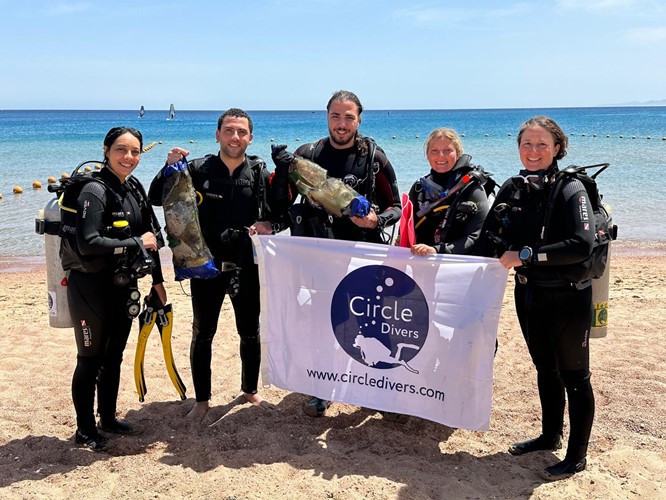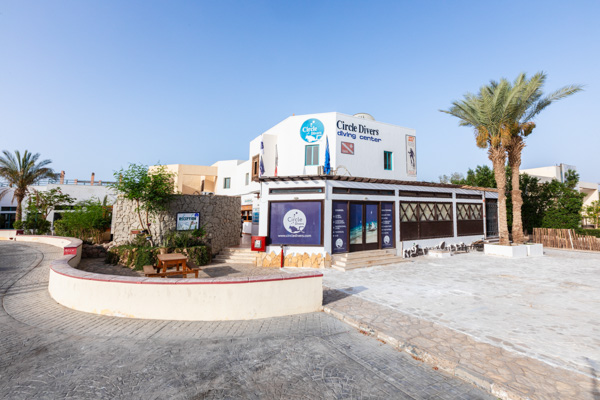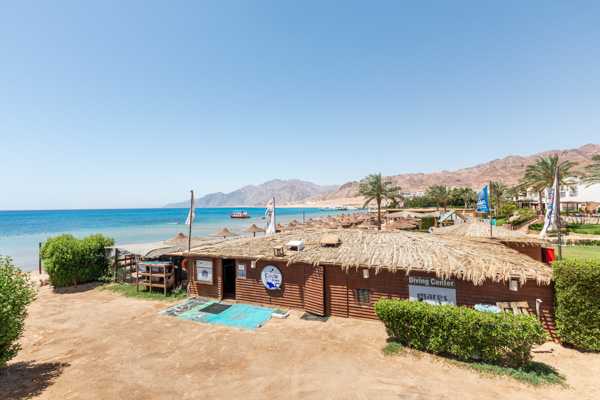Sustainable Scuba Diving Practices

The Red Sea for many people is the ultimate scuba diving adventure -- the coral reefs of Sharm el Sheikh and Dahab are simply bustling with marine life. While many people are drawn to the beauty of the ocean these precious marine habitats are constantly under threat from pollution, often overfishing and the warming temperatures of climate change.
Ironically, scuba divers themselves can often be a threat to the ecosystems under the sea. Here at Circle Divers, we are committed to protecting the Red Sea corals and all its marine wildlife. By leveraging our unique skills, we teach scuba divers that they have the potential to play a significant role in marine conservation.
Working in conjunction with PADI Aware, Green Fins and the Path to Humanity (and many others), Circle Divers is committed to the conservation of the world's oceans -- why don't you join us in our campaign, everybody can help?
The biggest change you can make personally is how you dive.
Five Sustainable Scuba Diving Practices
1. Gear up responsibly: Keep in mind the impact of your scuba gear choices on the environment. Research the production process and sustainability of materials used in wetsuits, fins, equipment, and even sunscreen.
Try to avoid sunscreens that contain parabens as these can effectively kill the living reefs. (Check out our blog on ocean-friendly sunscreens here!)
2. Improve your buoyancy techniques: Controlling your buoyancy is more than just a technical skill—it's our commitment to protecting marine habitats. Proper buoyancy allows us to avoid contact with the coral reefs and fragile habitats that marine creatures call home.
One of the follow-up PADI educational courses we offer is PADI Peak Performance Buoyancy which only takes 1 day or two dives. With PADI Peak Performance Buoyancy certification you will be able to take your scuba diving skills to the next level and explore the underwater world with confidence and ease when diving in Sharm.
3. Leave only bubbles behind: Beyond maintaining a respectful distance from marine life, divers should be mindful not to touch, disturb, or litter underwater habitats. Help protect the underwater environment by taking trash with you -- a turtle trapped in a plastic bag is never a good look and can severely impair the turtle's health!
4. Capture memories, not marine life: That means no taking souvenirs - marine life is not a souvenir! Shells and other items of underwater marine life tend to look better in the sea, not around somebody's neck or as an ashtray. Removing wildlife affects the balance of underwater ecosystems. Instead, help protect this environment by taking trash with you.
5. Use your Powers (scuba skills) for good: There are many ways to join the global community of scuba divers committed to protecting our planet. Research local underwater beach cleanups, volunteer scuba opportunities, or international conservation projects.
At both Circle Divers Sharm and Circle Dive Centre in Dahab, we regularly participate and help organise ocean and reef clean-up days. Every diver is encouraged to take part, it's not just for the local dive community, and it can be a great day diving while doing your bit to save the ocean.
It's not just about the clean-ups, there are many other ways you can get involved in the conservation of our planet's oceans. Organizations like Turtle Watch Egypt 2.0 need your support too and adopting a turtle can be a great gift for a diving buddy and a way of helping these magnificent underwater creatures to survive for many more years.
WATCH THIS SPACE FOR MORE WAYS YOU CAN HELP CIRCLE DIVERS IN THE CONSERVATION OF THE RED SEA AND THE OCEANS OF THE PLANET.


